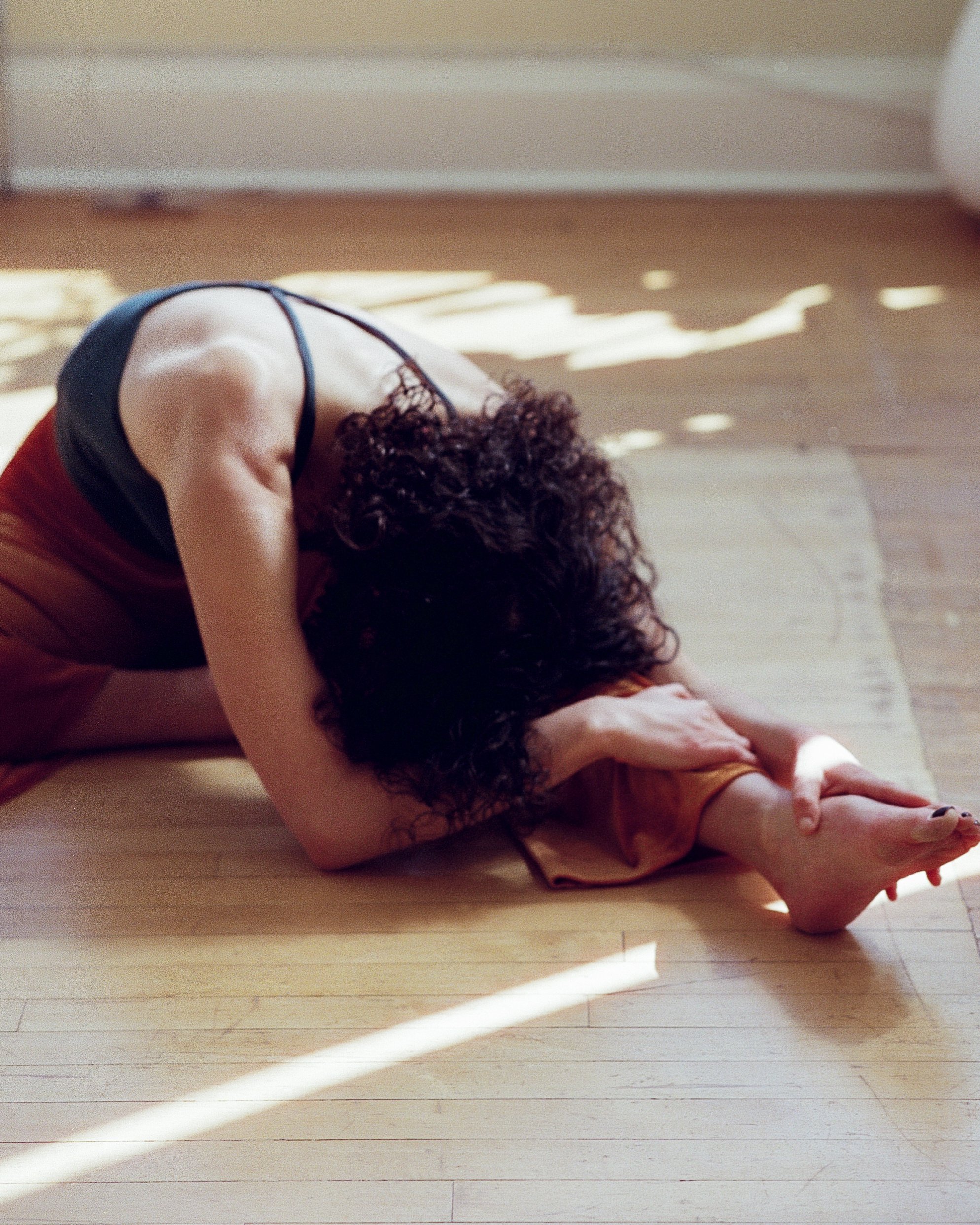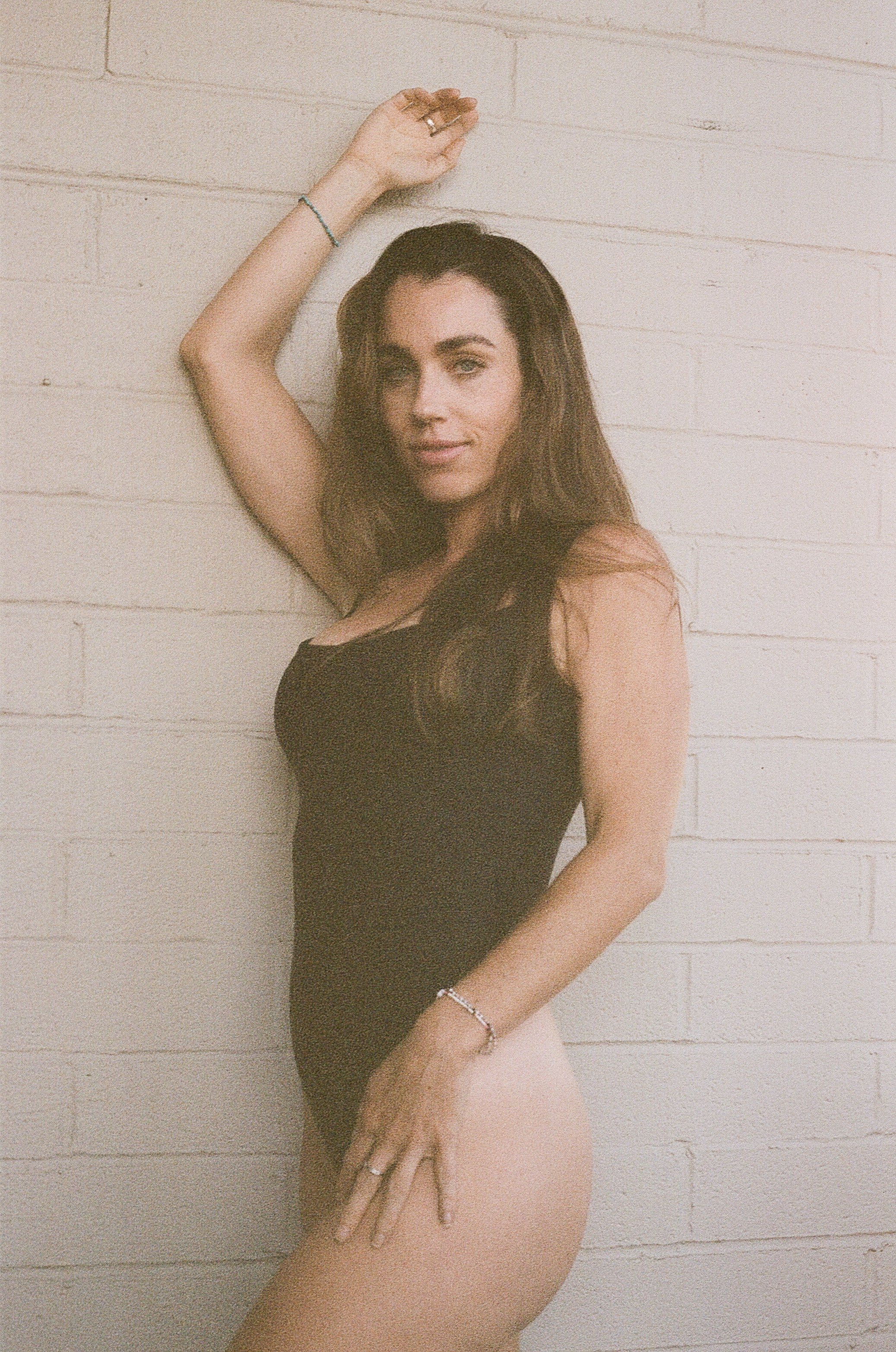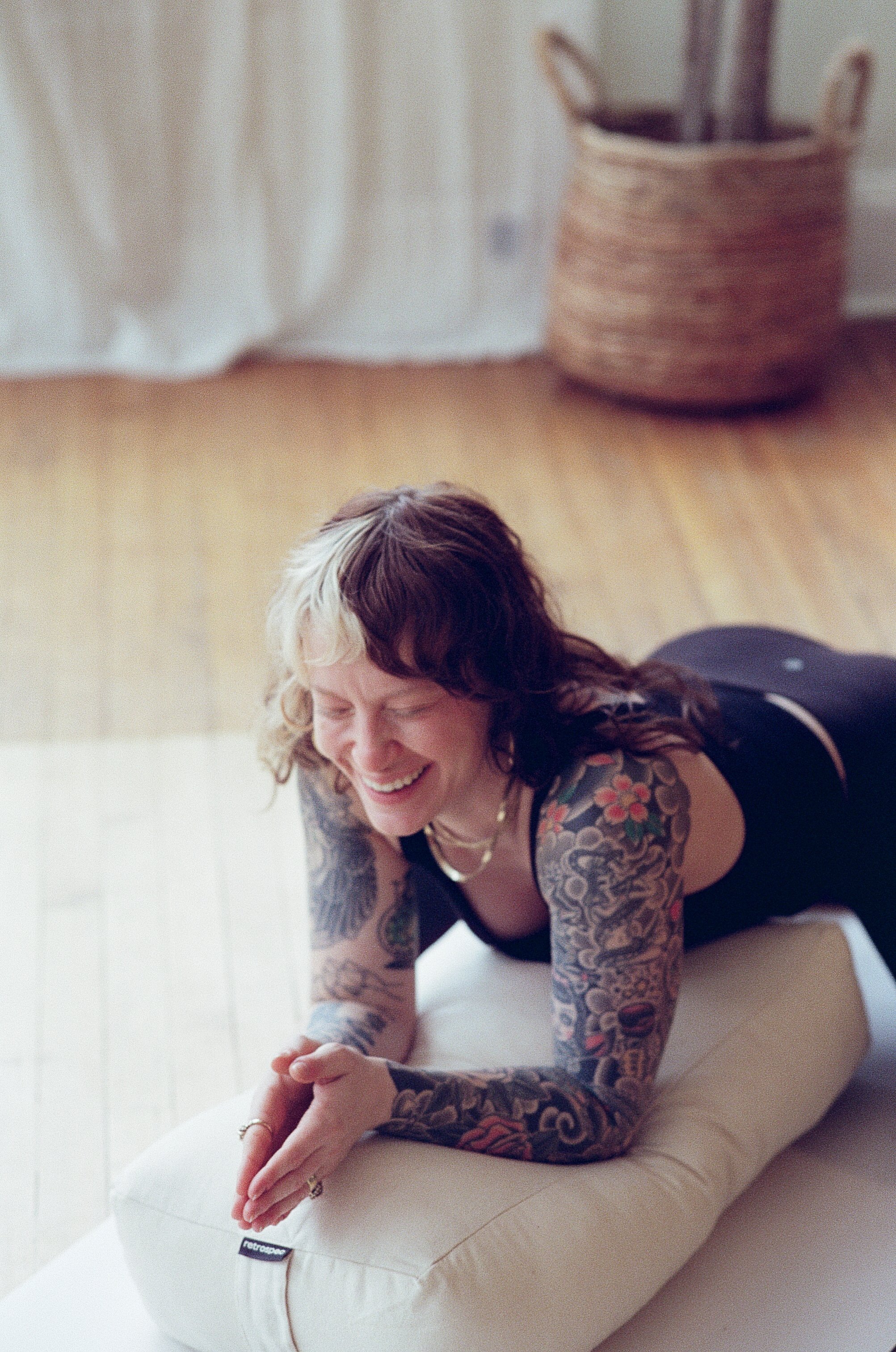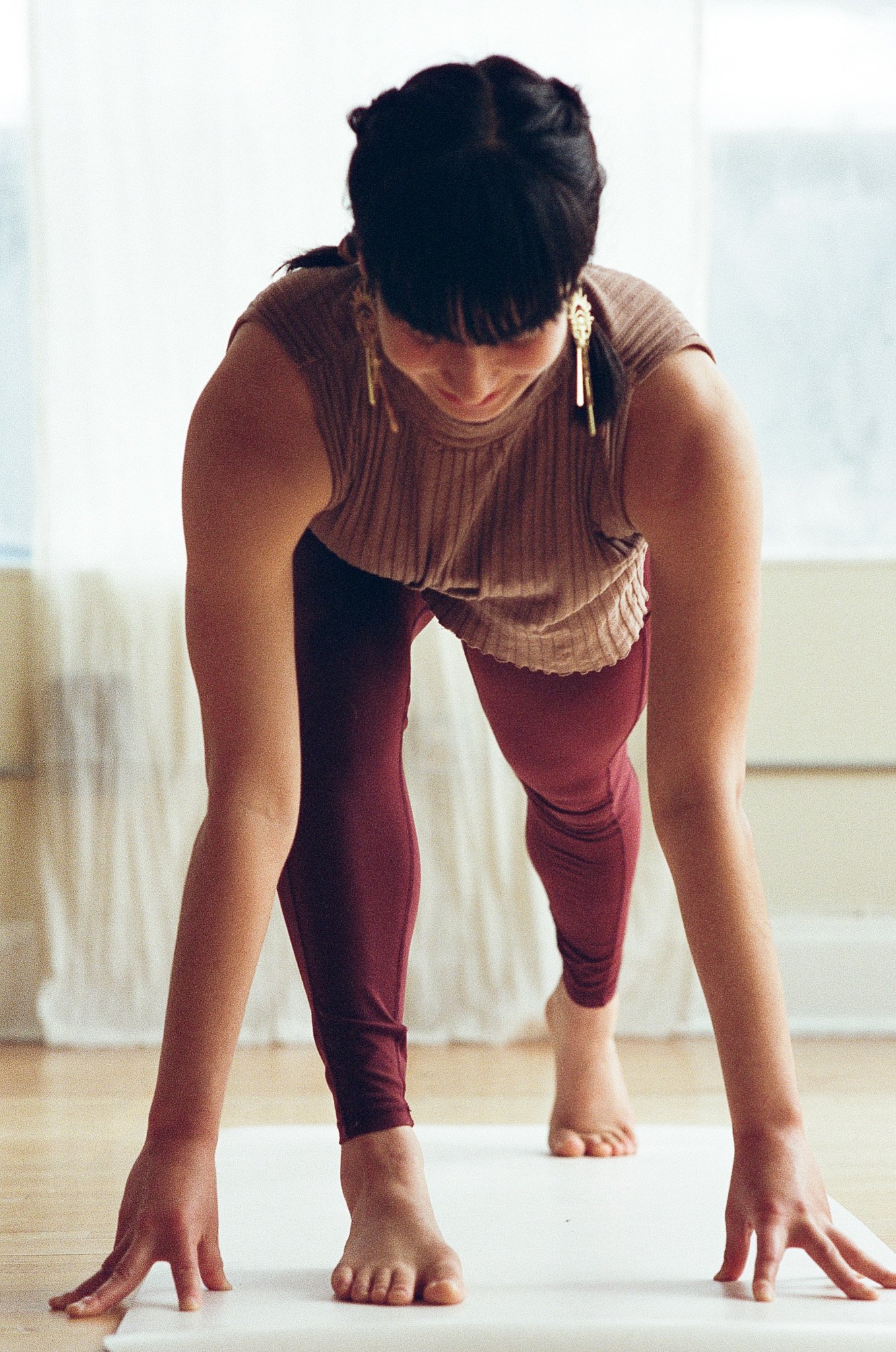Tips for Starting a New Career in Fitness, Pilates & Yoga
When I began my fitness career at the age of 17, I was completely clueless, except for the fact that working in a gym sounded cool. I spent four years rocking khaki shorts and a Virginia Tech branded polo, wandering around the weight room, pretending to supervise but mostly socializing. I got kind of into fitness, but mostly for the aesthetics. Eventually, I started assisting in Zumba classes and that's when things really took off. Starting a career in the fitness industry is exhilarating and can feel like the answer to all your dreams. But let me attest, it's exhausting and requires serious personal life organization to sustain success.
Understand Your Career Path: Let's be real, this takes time. Start building your training and experience as early as possible to help you figure things out. If you're working as a group fitness instructor in general, establish a specialty that sets you apart. Progressing as a general instructor can be tough unless you go the corporate route (think LA Fitness, Equinox, etc.). Focus on strength and mobility, as these are applicable to any modality. Follow a training path that leans towards functional movement to maximize your potential.
Focus on Your Personal Practice: The best thing you can do is take as many classes as possible to build endurance and experience in your chosen modality. Take advantage of free trials and ClassPass to broaden your horizons. Observe other teachers' styles, cues, and transitions to deepen your understanding and expertise. Stay inspired and motivated by engaging with your local movement community. Plus, you'll likely build a network of mentors, potential clients, and friends. Investing in training programs and certifications specific to your discipline is crucial. Building a solid educational foundation takes time, so stick to what you know. Don't rush progressing your clients until you've progressed your education. Continuing education will refine your skills and enable you to offer a diverse range of classes for different populations.
Plan, Practice, Record: Set yourself up for success by memorizing programming and cues while allowing room for creativity. I used to organize my programming in an Excel spreadsheet, using columns to stay organized until I figured things out (which took a good two years). Being prepared will alleviate some of the nerves that come with being a new teacher. Record yourself to check your tone, identify phrases you overuse, and build confidence and personality. Remember, you can present yourself however you want to be perceived. Teaching is a bit like acting, so empower yourself through a persona without conforming to any stereotype.
Observe and Adapt to Individual Needs: Recognize that there is no one-size-fits-all movement practice. I used to think otherwise, but while we can adapt to different abilities, limitations, and goals, some movement styles just aren't for everyone. Observe your students and offer modifications and progressions when necessary. Starting with a seniors or beginners level class with a slower pace can help alleviate the pressure to provide a killer workout. These slower classes will help you convey clear instructions, provide hands-on assistance, and establish a connection with your students. Practice using concise and articulate verbal cues to ensure students understand and execute movements correctly.
Prioritize What to Keep Track Of: It's easy to get overwhelmed by a sea of new information as you dive deeper into your career. There's an abundance of knowledge on the body, yoga, spirituality, and nutrition that can influence what you study and how your clients perceive you. Precede statements with qualifiers that show you're not trying to be a know-it-all, and you'll likely avoid issues. Listen to your clients and understand what's important to them, as this will determine where you should focus your attention. If you struggle with keeping track of details, consider maintaining some sort of client notes. Ultimately, the most important aspect of what you do
Book a mentor session with Tenley, including a personal empowerment photo session.





